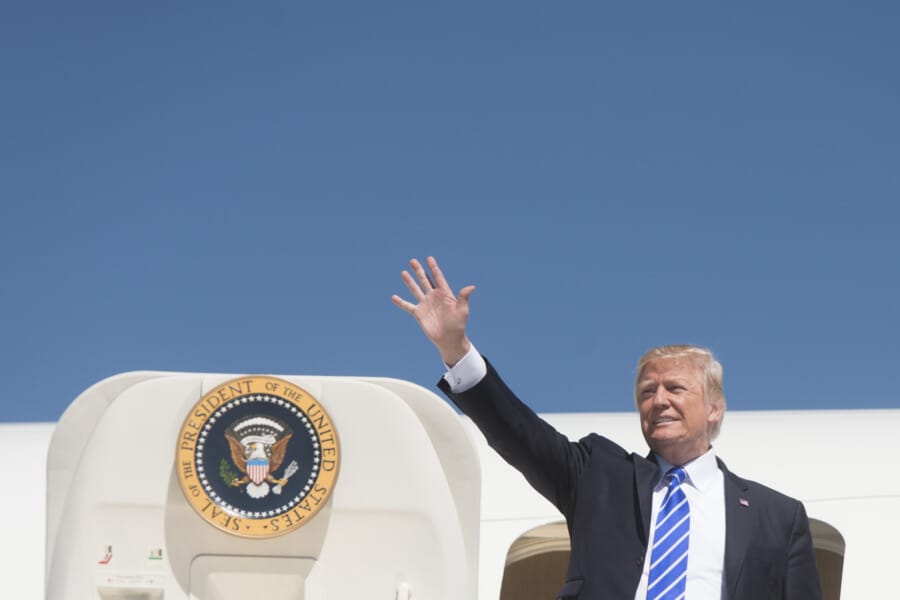Surely Yogi Berra wasn’t thinking of the explosive mix of sex and politics that boils up in the headlines on a too-regular basis when he coined this famous quip, but for many who’ve followed the high-stakes political games that are played around Supreme Court nominations, it’s 1991 all over again.
Last Friday, the Kavanaugh Column reported on the existence of a mysterious letter Democratic Senator Dianne Feinstein referred to the FBI, purportedly alleging that Supreme Court nominee Brett Kavanaugh had engaged in a drunken sexual assault of a high school girl while a teenager. Over the weekend, the accuser made herself known through a lengthy Washington Post interview. She is Christine Blasey Ford, a clinical psychology professor at Palo Alto University in California, and she was a student at an all-girls’ school in the Washington, DC area when Kavanaugh was a student at Georgetown Preparatory School. For his part, Judge Kavanaugh has now reiterated his emphatic, categorical denial, stating today:
This is a completely false allegation. I have never done anything like what the accuser describes – to her or to anyone. Because this never happened, I had no idea who was making this accusation until she identified herself yesterday.
I am willing to talk to the Senate Judiciary in any way the Committee deems appropriate to refute this false allegation, from 36 years ago, and defend my integrity.
Ford’s attorney also says Ford would testify under oath, and so the battle lines are drawn.
There are some similarities between the current headlines and those around the nomination of now-Justice Clarence Thomas, but also some fundamental differences between the two. The most striking similarity is the timing of the allegations, coming between the close of the Judiciary Committee hearing and the vote on confirmation. As with Justice Thomas’s hearing, Judiciary Chairman Charles Grassley has now announced that the nomination hearing will be re-opened for airing these assertions on Monday, September 24th. And while the salacious nature of the accusations has a superficial similarity, Ford’s charges are much more serious than Anita Hill’s account of “hostile work environment” sexual harassment; if true, they constitute felonious sexual assault. On the other hand, Ford is a stranger to Kavanaugh, unlike Hill, who followed Thomas from job to job as an apparent protégé.
In a statement yesterday, Chairman Grassley conveyed agnosticism about Ford’s allegations, simply saying she “deserves to be heard.” He turned his criticism on Senator Feinstein’s handling of the matter, however, saying that her office had refused to cooperate in setting up a phone call with the nominee and Ford, and had withheld Ford’s letter for weeks only to decide they warranted investigation on the eve of the committee vote. And he also criticized Ford’s legal counsel:
Over my nearly four decades in the Senate, I have worked diligently to protect whistleblowers and get to the bottom of any issue. Dr. Ford’s attorney could have approached my office while keeping her client confidential and anonymous, so that these allegations could be thoroughly investigated. Nevertheless, we are working diligently to get to the bottom of these claims.
Obviously, Ford’s recollections and views should be part of the process, but Chairman Grassley is right – Democrats on the Judiciary Committee have done her no favors by waiting until the eleventh hour and doing so in a way that all but guaranteed that her name would be public. It couldn’t be more clear that the Supreme Court nomination process is more broken and politicized than at any point in American history. It is incumbent on the Senate Judiciary Committee to keep the process dignified and fair. While that means hearing out any accusers and taking their claims seriously, it also means examining corroborating evidence and hearing other witnesses. Barring any new information or evidence that comes to life, it is our belief that Justice Kavanaugh should be confirmed.




